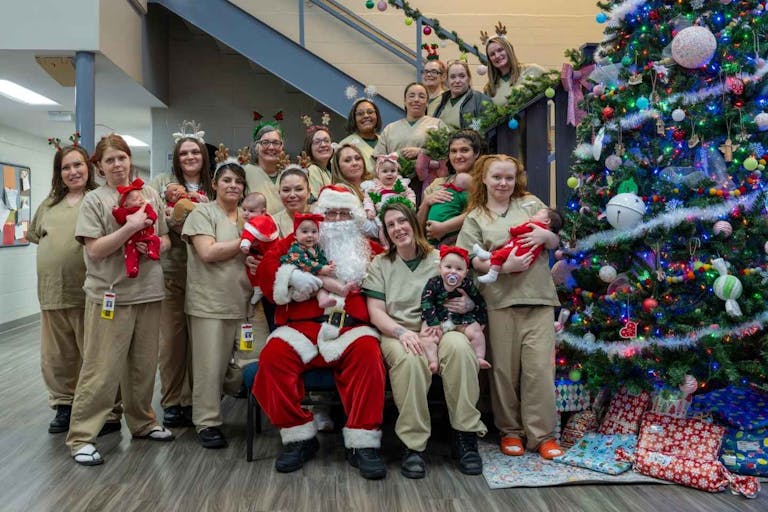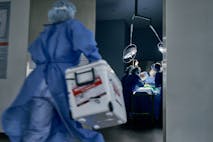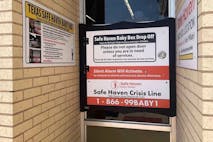
Missouri's Prison Nursery Program 'changes lives' of moms and their babies
Bridget Sielicki
·
Analysis
Carole Novielli
·
International
Cassy Cooke
·
Abortion Pill Reversal
Bridget Sielicki
·
Analysis
Nancy Flanders
·
400k+ Readers Strong & Growing
News & Commentary from
A Pro-Life Perspective
As the news arm of Live Action, we educate the public and advocate for preborn rights by providing timely, accurate, and compelling news and stories about the pro-life movement.

Analysis
Carole Novielli
·
International
Cassy Cooke
·
Abortion Pill Reversal
Bridget Sielicki
·
Analysis
Nancy Flanders
·
Human Interest
Bridget Sielicki
·
International
Angeline Tan
·
International
Nancy Flanders
·
Politics
Cassy Cooke
·
Issues
Angeline Tan
·
International
Cassy Cooke
·
International
Bridget Sielicki
·
Human Interest
Bridget Sielicki
·